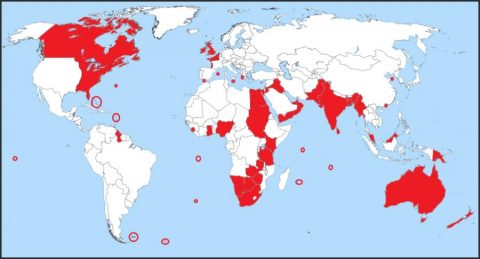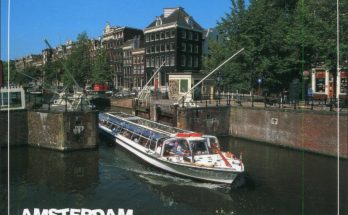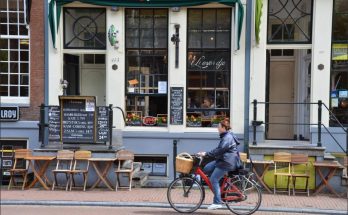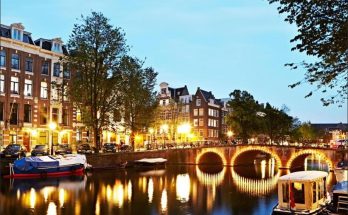Well might such a country as that of the Netherland Republic astonish an Englishman in the days of the Stuarts. Looking at its vast commerce, its multifarious manufactures, its enterprising population, its intelligent agriculture, its banks, hospitals, and prisons, its superb town – halls, and its private dwellings filled with the choicest paintings, one can understand what Macaulay meant when he said that the aspect of Holland in 1685 “produced on English travellers of that age an effect similar to the effect which the first sight of England now produces on a Norwegian or a Canadian.”
Looking beyond externals, at its universal toleration, its modern system of taxation, its enlightened encouragement of commerce and home manufactures, its public and private integrity, its universal education, its free press, its charitable work, its freedom from superstition, and the position of its women, one can begin to appreciate the words of Taine, when, writing of the period which followed the truce of 1609, he says: “In culture and instruction, as well as in the arts of organization and government, the Dutch are two centuries ahead of the rest of Europe.” From such a review one can also comprehend the words of Prof. Thorold Rogers: “The revolt of the Netherlands and the success of Holland is the beginning of modern political science and of modern civilization.”
The fact is, that if an American of the present generation could go back to the Dutch Republic of two centuries and a half ago, he would find himself in a familiar land, because he would be among a people of the nineteenth century. In England, trance, Spain, Germany, or Italy, he would be in the land of the seventeenth century, and would find himself a stranger; here alone would he be at home. The explanation of this is very simple. For two centuries and a half the other nations of Europe have been slowly working up to the republican idea–that of the equality of man, from which follows the organization of society for the public good.
This is all that there is of our nineteenthcentury civilization, from its political side; and because the Hollanders had attained to it before the conclusion of their war with Spain, they became the instructors and the civilizers of the modern world. Why the monarchists of Europe, always fighting, against this doctrine, should begrudge acknowledgment of any debt to a republic is a question which needs no discussion; it carries its answer in its statement.
But although general ideas of civilization are of very slow development, there are some of its products, in the form of laws and civil institutions, which are more readily assimilated. Here we reach a field of some interest to Englishmen, on account of the attempt during the Commonwealth to introduce the laws and institutions of republican Holland into England; and of much greater interest to Americans, because many of these republican laws and institutions were introdu



